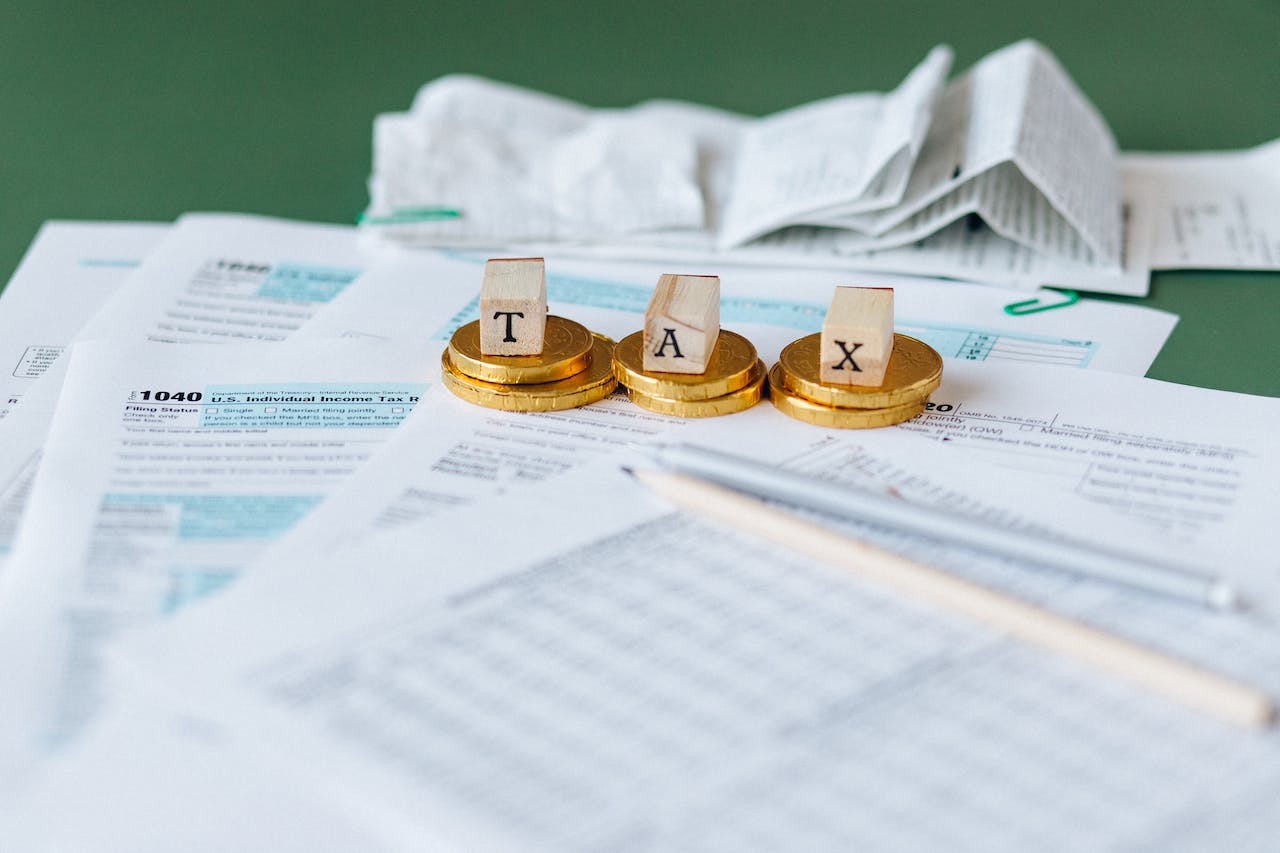Introduction
Paraguay, often referred to as the “Heart of South America,” is a land of diverse landscapes, rich culture, and unique economic opportunities. As an attractive destination for expatriates and investors, one of the crucial aspects to consider when living or doing business in Paraguay is tax residency. Understanding tax residency in Paraguay is essential to ensuring compliance with local tax regulations and making the most of the country’s favorable tax environment.
Tax Residency in Paraguay
Tax residency is a significant concept in Paraguay’s taxation system. Unlike many other countries that use citizenship as a determinant for tax residency, Paraguay focuses primarily on the physical presence of individuals and entities within its borders. For individuals, your tax residency status is determined based on the number of days spent in the country during a calendar year. If you spend more than 183 days in Paraguay, you are considered a tax resident for that year.
For legal entities, tax residency is determined based on where the management and control of the company are exercised. A company is considered a tax resident in Paraguay if its management decisions are made within the country.
Benefits of Tax Residency in Paraguay
Paraguay offers several advantages to tax residents, making it an appealing destination for expatriates and investors:
- Territorial Tax System: Paraguay employs a territorial tax system, which means that income earned within the country is subject to taxation. However, income earned outside of Paraguay is generally not taxed. This feature is particularly beneficial for individuals and businesses engaged in international activities.
- Low Tax Rates: Paraguay has one of the lowest income tax rates in the world. The personal income tax rate is a flat 10%, and the corporate tax rate is also 10%. Additionally, there is no capital gains tax or inheritance tax.
- Tax Treaties: Paraguay has entered into Double Taxation Agreements with several countries, which helps prevent double taxation on income for residents with international ties.
- Exemptions and Incentives: Paraguay offers various tax incentives for specific industries and investments, including exemptions for agricultural and export-related activities, as well as exemptions for certain types of income.
- Economic Stability: Paraguay boasts a stable economy with a low inflation rate and a currency that has historically maintained its value against the U.S. dollar.
Obtaining Tax Residency
To become a tax resident in Paraguay, individuals must meet the 183-day requirement within a calendar year. Once you fulfill this requirement, you should register with the local tax authorities, provide the necessary documentation, and declare your worldwide income. Legal entities should ensure that their management and control are effectively exercised within the country.
Maintaining tax residency
To maintain tax residency in Paraguay, individuals must continue to spend at least 183 days per calendar year in the country. Failing to meet this requirement could lead to the loss of tax residency status.
For legal entities, it is essential to ensure that management and control decisions are made within Paraguay. This means holding board meetings and making significant operational decisions in the country to uphold your tax residency status.
Conclusion
Understanding tax residency in Paraguay is crucial for expatriates and investors looking to benefit from the country’s favorable tax environment. With low tax rates, a territorial tax system, and a stable economy, Paraguay offers a compelling opportunity for those seeking to reduce their tax burden while enjoying the country’s unique lifestyle and business prospects. However, it is essential to stay informed about tax regulations and seek professional advice to ensure compliance with Paraguay’s tax laws and make the most of its tax residency benefits.






